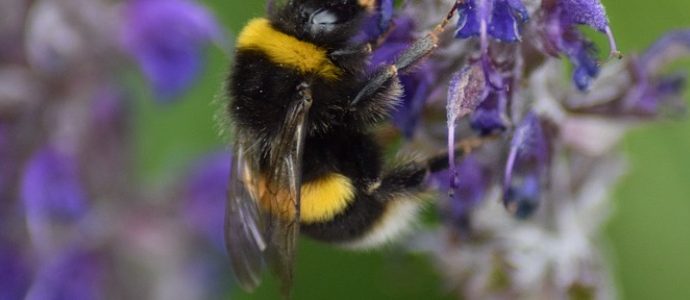Readin’, ‘Rithmetic and… Honeybees? Learning to Add, Subtract and Read Numbers in the Hive
In a first for insect kind, a series of studies has found that simple honeybees can not only perform basic arithmetic—adding and subtracting the number one from a number provided to them—but they can also learn how to read symbols to learn what the numbers involved in the equation areread more
